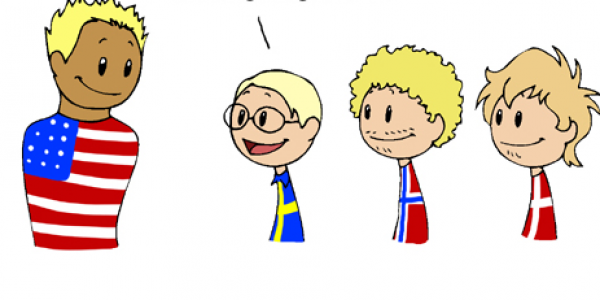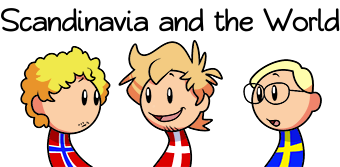Community made Fact Card:

English has no second person plural, so a number of regional dialects have covered the word, such as "you guys", "y'all", "you lot", "yinz", "youse", and even "all y'all".
7 years ago #9802048
1
0
or any plural term works, you do not need to qualify it by putting a you before hand. People, gentlemen, fartwits, etc.
8 years ago #9784880
1
0
Thank you for spelling "y'all" correctly. It's a contraction of "you all" with the apostrophe filling in for the 'ou' letters in "you". It gives me physical pain to see it spelled "ya'll".
8 years ago #9764433
1
0
1 Sheep, 2 Sheep, Black Sheep, Blue Sheep.
... I suspect the blue one/s was/were white before being left in the sheep-dip too long.
Sorry was this about people? ;p
... I suspect the blue one/s was/were white before being left in the sheep-dip too long.
Sorry was this about people? ;p
Add comment: Please Sign in or create an accout to comment.













(Although you occasionally hear someone use thyself.)